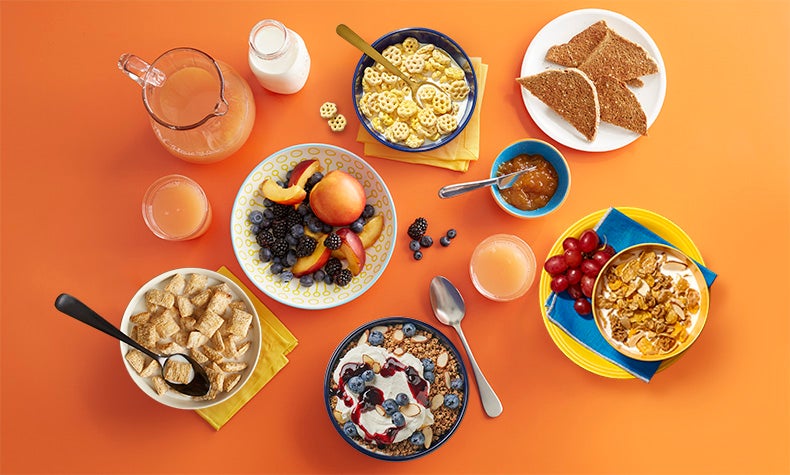
Weetabix owner Post Holdings has raised its fiscal year 2023 earnings guidance on the back of a strong performance in its pet food and foodservice categories.
And it expects the impact of its recently-acquired pet-food business to continue into its next fiscal year.
CEO Rob Vitale said: “We expect to be well positioned for FY-2025 as we realise synergies from the pet acquisition, continue to improve supply chains and make incremental investments in marketing.”
Announcing its Q3 results, the US food major said it now expects 2023 adjusted EBITDA to be in the range of $1.18bn to $1.20bn against previous guidance of $1.09bn to $1.13bn.
St Louis-based Post entered the US pet-food market in February when it acquired several brands from local manufacturer J.M. Smucker in a deal valued at around $1.2bn.
It said at the time that it anticipated an $100m earnings boost from the deal in the first 12 months after completion but speaking to analysts after its Q3 results were released on Friday (4 August), Vitale said: “Pet-food margin realisation is exceeding expectations.”
For the quarter ended 30 June, Post reported net sales of $1.9bn, an increase of 21.9% on the prior year, while operating profit of $158.3m was up 50% year-on-year. Adjusted EBITDA was $338m, up 34% on the same period in 2022.
Vitale described it as a “really terrific quarter”.
Pet food contributed $275.3m towards that net sales total and Vitale said: “Our expectations for its contribution have increased in the short term and meaningfully more so once we move past full integration and synergy realisation.”
Foodservice, which saw net sales and volume growth of 8% and 3%, respectively, was also picked out as a key contributor to its quarterly performance by Vitale.
“The business continues its terrific performance. Ignoring the outsized performance, baseline is performing extremely well. Volumes grew 3% and mix continues to shift towards higher value-added products,” he said.
CFO Matt Mainer said: “Foodservice saw increased volumes as consumers continue to show a preference for eating out during breakfast hours.”
More of a concern is a performance of its branded products sold in the retail channel, including its best-known product, breakfast cereal Weetabix.
Its sales increased 7.4% year-on-year but volumes fell 4.7%.
“Weetabix is in a tough macro environment with UK consumers facing food, energy and housing inflation, well ahead of the US,” Vitale said.
He added: “The single biggest contribution towards the dilution in the margin is a shift towards private-label. We are the dominant provider of private-label, but it’s not margin parity. So, we’re keeping volume within the biscuit category but losing some profit.”
More generally, Mainer added: “Volumes in our retail businesses decreased as pricing elasticities ticked up and shifted volume to our private-label offerings, although not enough to offset declines in our branded products.”
Vitale admitted: “Had we not just had the twin events of adding pet and having quite an outsized performance year-to-date in foodservice, we wouldn’t be talking about 2024 just yet.”
In an upbeat assessment of the company’s prospects for the rest of the year, analyst Matthew Smith of Stifel said: “We now estimate the pet business will generate $50m of EBITDA during the five months of Post’s ownership in FY-23, up from $40m previously, including a stronger-than-anticipated margin performance, partially offset by stepped up investments. And we believe the foodservice business will contribute $100m or so in extraordinary EBITDA in FY-23.”
